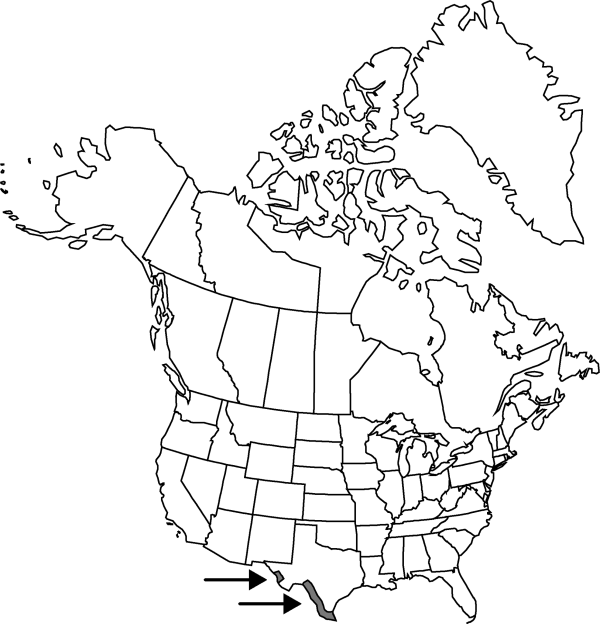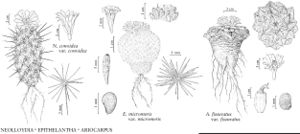Difference between revisions of "Ariocarpus fissuratus var. fissuratus"
FNA>Volume Importer |
imported>Volume Importer |
||
| (5 intermediate revisions by 2 users not shown) | |||
| Line 1: | Line 1: | ||
{{Treatment/ID | {{Treatment/ID | ||
|accepted_name=Ariocarpus fissuratus var. fissuratus | |accepted_name=Ariocarpus fissuratus var. fissuratus | ||
| − | |accepted_authority= | + | |accepted_authority= |
|publications= | |publications= | ||
|basionyms= | |basionyms= | ||
| Line 28: | Line 28: | ||
-->{{#Taxon: | -->{{#Taxon: | ||
name=Ariocarpus fissuratus var. fissuratus | name=Ariocarpus fissuratus var. fissuratus | ||
| − | + | |authority= | |
| − | |authority= | ||
|rank=variety | |rank=variety | ||
|parent rank=species | |parent rank=species | ||
| Line 43: | Line 42: | ||
|publication year= | |publication year= | ||
|special status= | |special status= | ||
| − | |source xml=https:// | + | |source xml=https://bitbucket.org/aafc-mbb/fna-data-curation/src/2e0870ddd59836b60bcf96646a41e87ea5a5943a/coarse_grained_fna_xml/V4/V4_441.xml |
|subfamily=Cactaceae subfam. Cactoideae | |subfamily=Cactaceae subfam. Cactoideae | ||
|genus=Ariocarpus | |genus=Ariocarpus | ||
Latest revision as of 21:58, 5 November 2020
Plants protruding above ground 0–2(–10) cm. Stems: tubercles forming coarse mosaic, closely packed, exposed faces of tubercles deltoid to hemispheric, deeply fissured on either side of central areolar groove, coarsely rugose, often sharply angled apically; areoles to 3 mm wide, sometimes confined to middle of tubercle faces instead of extending to tips. Flowers 2.5–5 cm diam., 2 times wider than long when fully expanded; inner tepals 21–30 × 5.5–7.5(–10) mm.
Phenology: Flowering Sep–Nov.
Habitat: Chihuahuan desert scrub, low, rocky hills of limestone chips
Elevation: 500-1500 m
Distribution

Tex., Mexico (Chihuahua, Coahuila, Durango).
Discussion
The stems of Ariocarpus fissuratus are normally flush with the soil surface and resemble limestone chips in shape, color, and texture, rendering the plants extremely cryptic. The species is often found growing with Agave lechuguilla and species of Leucophyllum, and Parthenium.
Selected References
None.
